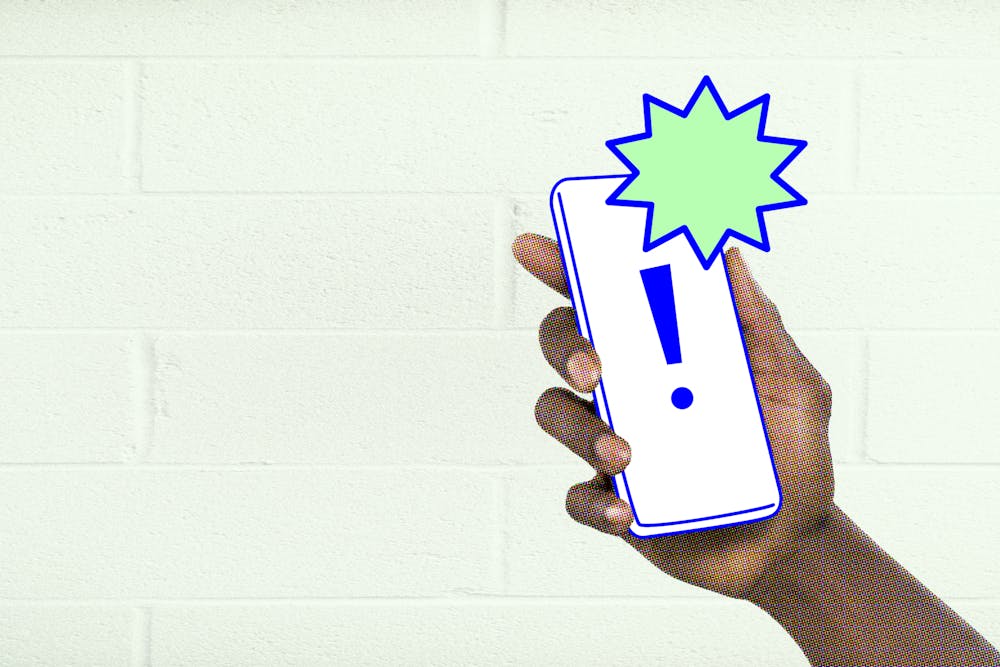Imagine: Your morning routine consists of your phone alarm going off at some ridiculously early time followed by scrolling through some news apps, Twitter, and Instagram. It’s bad news after more bad news. The rate of COVID–19 keeps rising, and so do deaths. Campus is still closed. Your favourite stores and restaurants have shut down, and people have lost their jobs. But perhaps one of the most anxiety–inducing topics has to be the presidential election.
When you finally recheck the time, hours have passed, and you’re still lying in bed scrolling through your phone. You repeat this whole routine, every time you take a break from class and again when you get ready for bed.
This experience of sinking deeper and deeper into an emotional pit whilst bingeing on bad news is so universal that a term has even been coined for it — "doomscrolling". Doomscrolling, in combination with screen addiction, can take a huge toll on our mental and physical health. It can make us confused, hurt, angry, and less productive.
But not all is lost: there are steps we can take to modify our behavior:
Set aside time for news
By nature, we are information–consumers and with the internet at our fingertips, the news can feel like digital candy that is available and dispensed 24 hours of the day. To resist the impulse to binge on bad news, we can set aside time to control how much and what kind of news we consume. The first step to kick doomscrolling is the same as it is for any bad habit — you have to acknowledge the toll doomscrolling can take on your health. The second step is to create a realistic plan that you know you can stick with until it forms a habit. At least, that’s what Adam Gazzaley, neuroscientist and author of The Distracted Mind: Ancient Brains in a High-Tech World, recommends.
It’s also important to restructure and rethink your breaks. Pre–pandemic, a lunch break could have consisted of going to a dining hall or café with friends. But since many of us no longer go out for lunch due to this semester being remote, doomscrolling has become the default work break, a trap that we have all fallen into before. Instead of staying glued to your screen, try to do something else, like making a snack or taking a walk.
Practice meditation
I know it sounds super cheesy, and every self–care article recommends it, but mindfulness can help break the cycle of information bingeing. Taking the time out of your day to dump out your proverbial brain garbage can help you put an end to the self–fulfilling prophecy of misery that doomscrolling can incur.
Connect with others
According to the book The Healing Power of Human Connection in a Sometimes Lonely World by Vivek Murthy, spending 15 minutes a day with our loved ones is extremely important. Although it’s difficult at the time being, spending some time with family and friends can help us to feel less isolated and to resist doomscrolling. You may be sick of videoconferencing and experiencing “Zoom fatigue” so try to form some support bubble. Create a social support group, meet regularly, and agree to look out for one another. Changing your behavior all by yourself is extremely difficult, so hold each other accountable if you want to stop doomscrolling.

